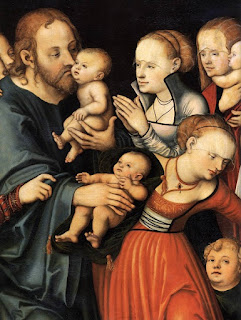To listen to my audio-video reflections via YouTube, please click here: https://youtu.be/f4BxLJVXAhM
St. Ignatius of Loyola (1491-1556), the founder of the global order, the Society of Jesus (Jesuits), was a remarkable spiritual leader who exemplified unique entrepreneurial qualities that set him apart from others. His life and work were guided by divine ambition and wisdom, inspiring countless individuals to lead meaningful lives. In this essay, we will explore the distinct qualities of St. Ignatius that made him an exceptional entrepreneur in the realm of spirituality and leadership.
1. Spiritual and Visionary Leader:
St. Ignatius demonstrated unwavering devotion to his faith and a profound understanding of spirituality. His commitment to following the path of Christ and living a life of virtue inspired countless followers. As a spiritual leader, he emphasized the importance of self-reflection, critical thinking, prayer, asceticism and discernment to cultivate a deeper relationship with God. His exemplary life of service and devotion became a source of inspiration for many who sought to emulate his principles. He possessed visionary leadership. St. Ignatius had a clear and inspiring vision for the Society of Jesus, centered on serving God and humanity. His ability to articulate this vision and convey it to others motivated those who came in contact with him to join him in his mission and work towards its realization.









